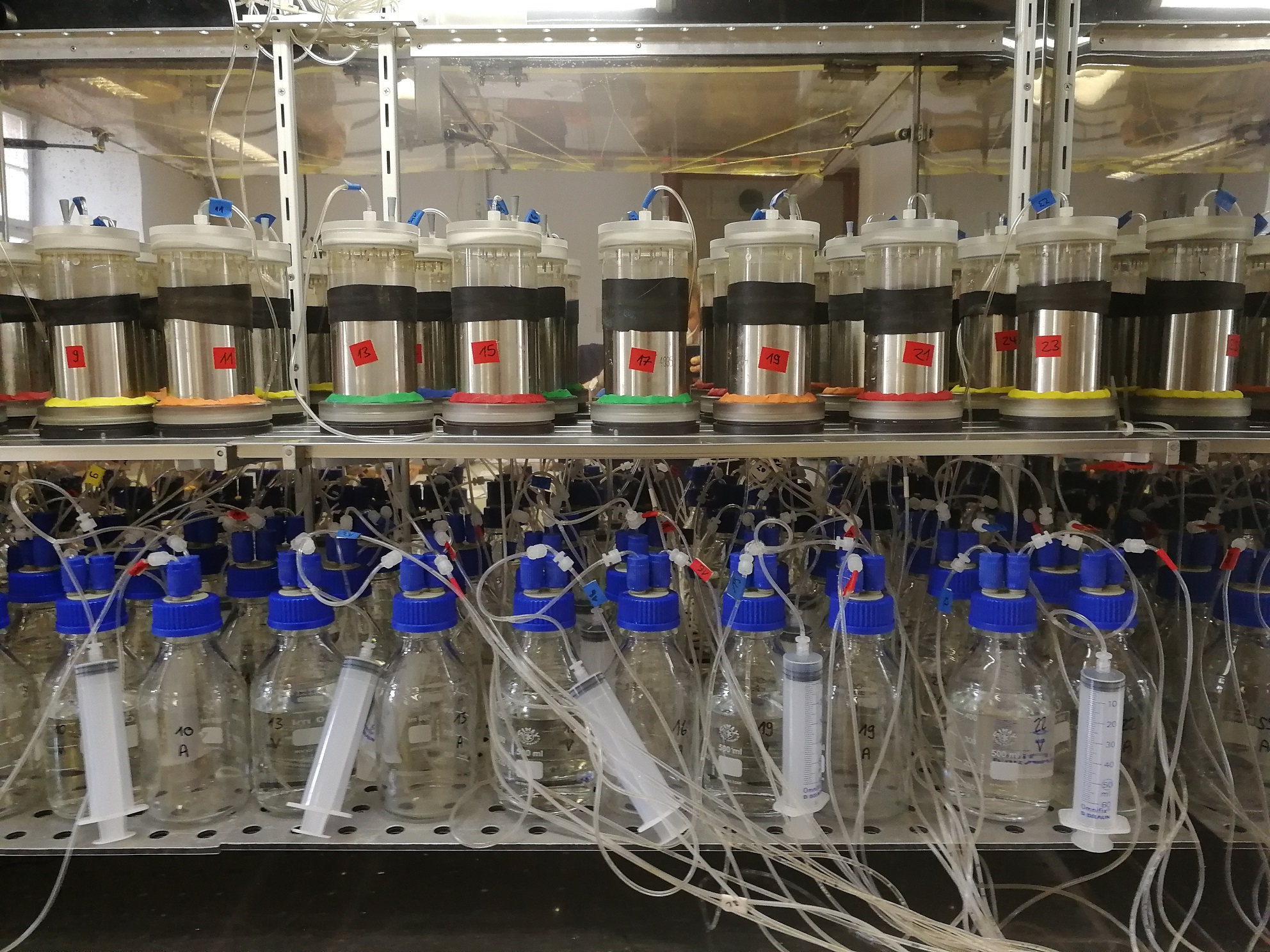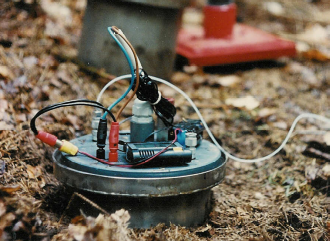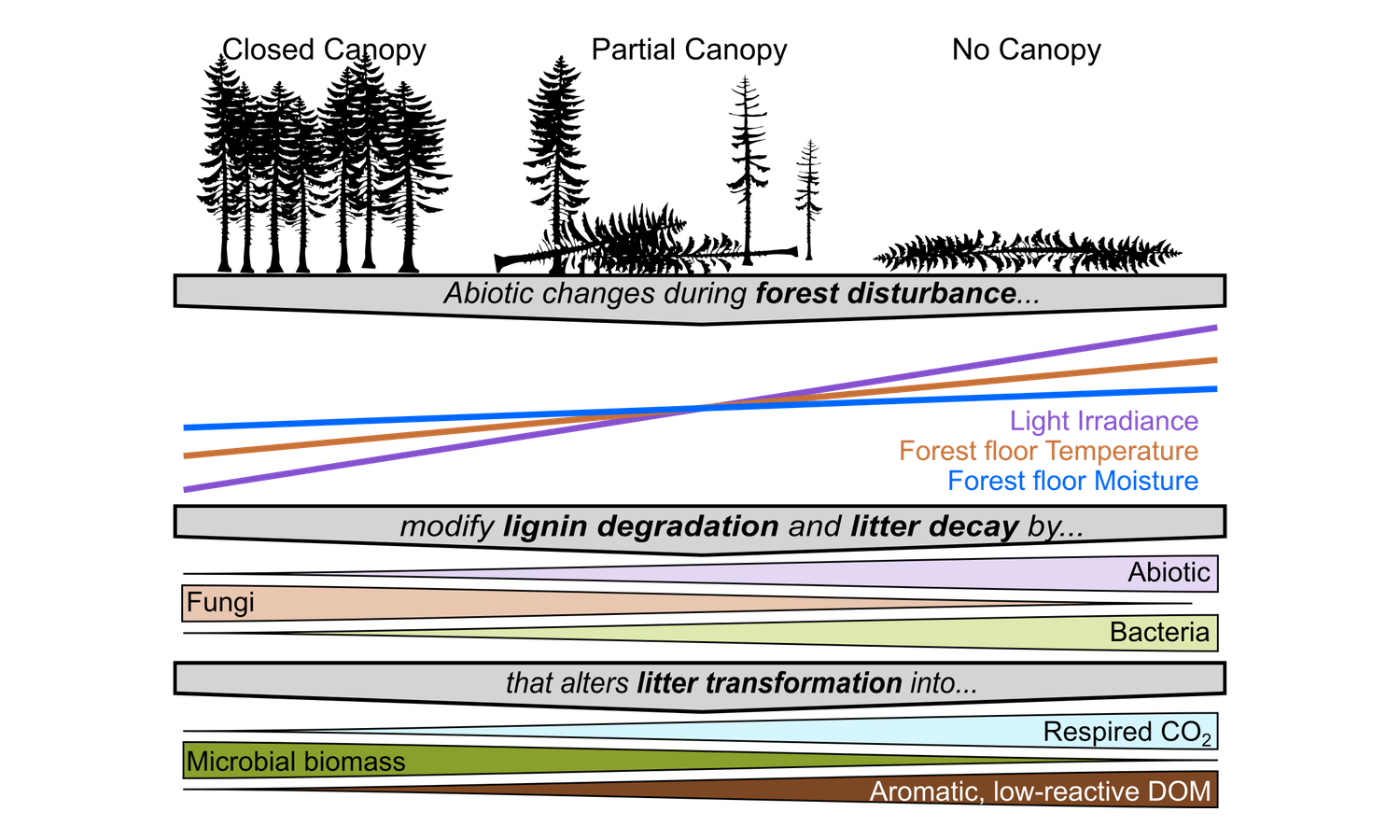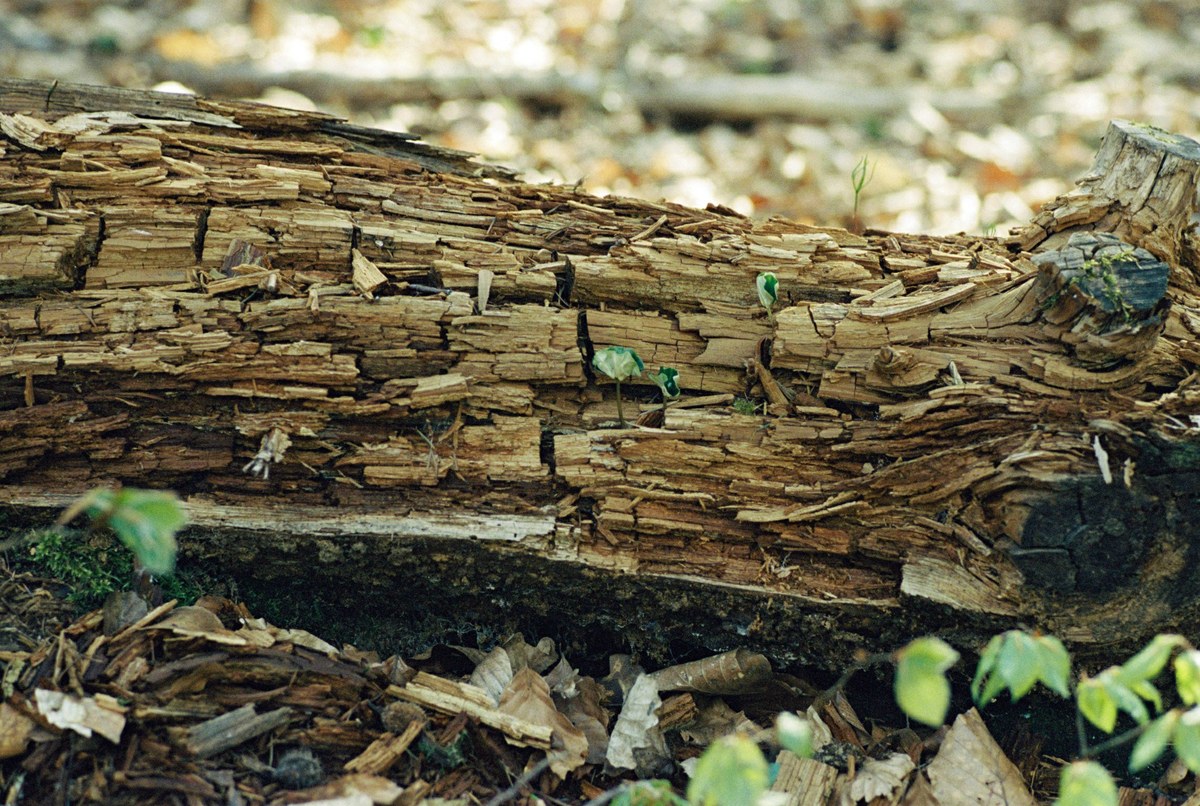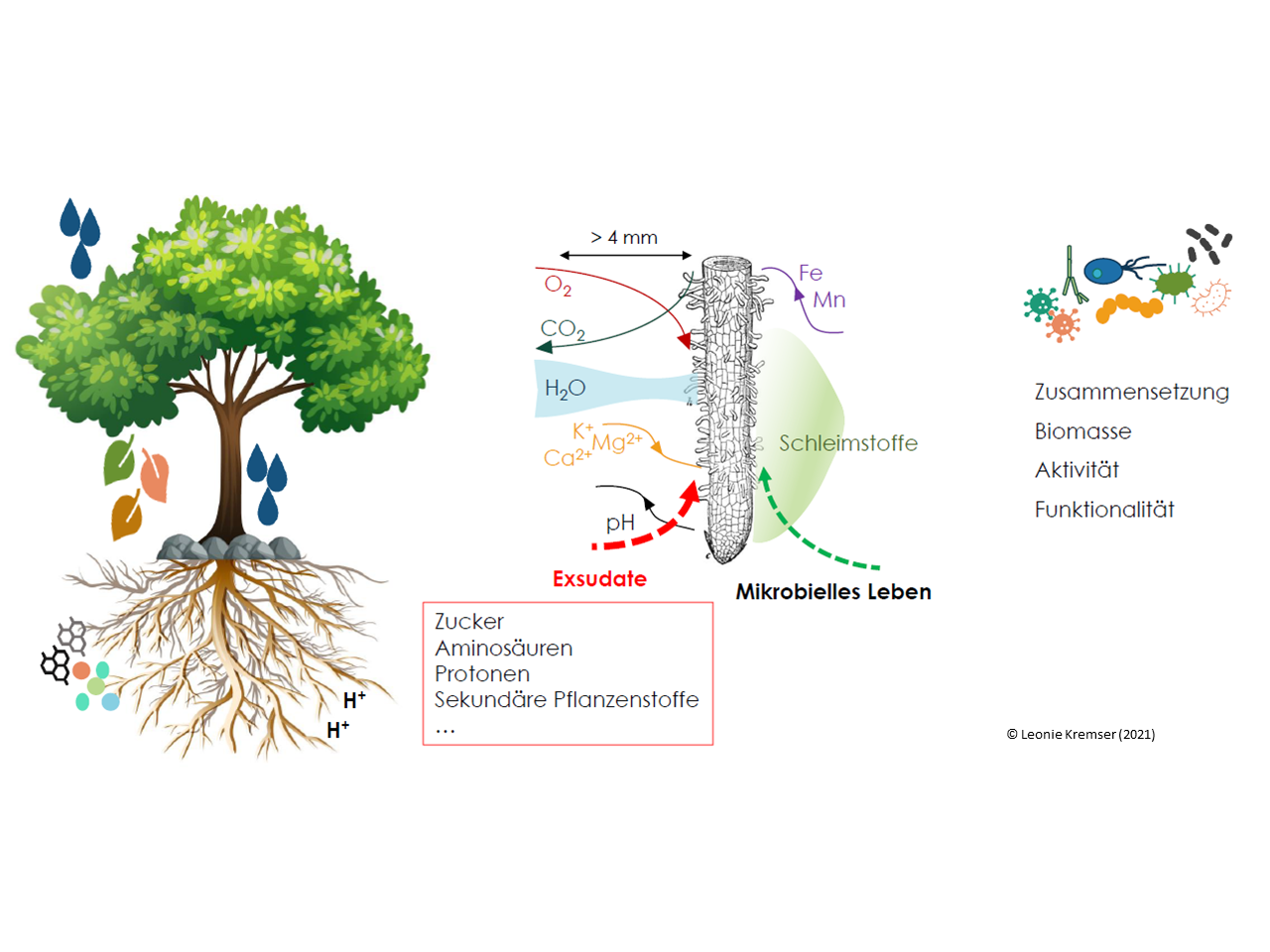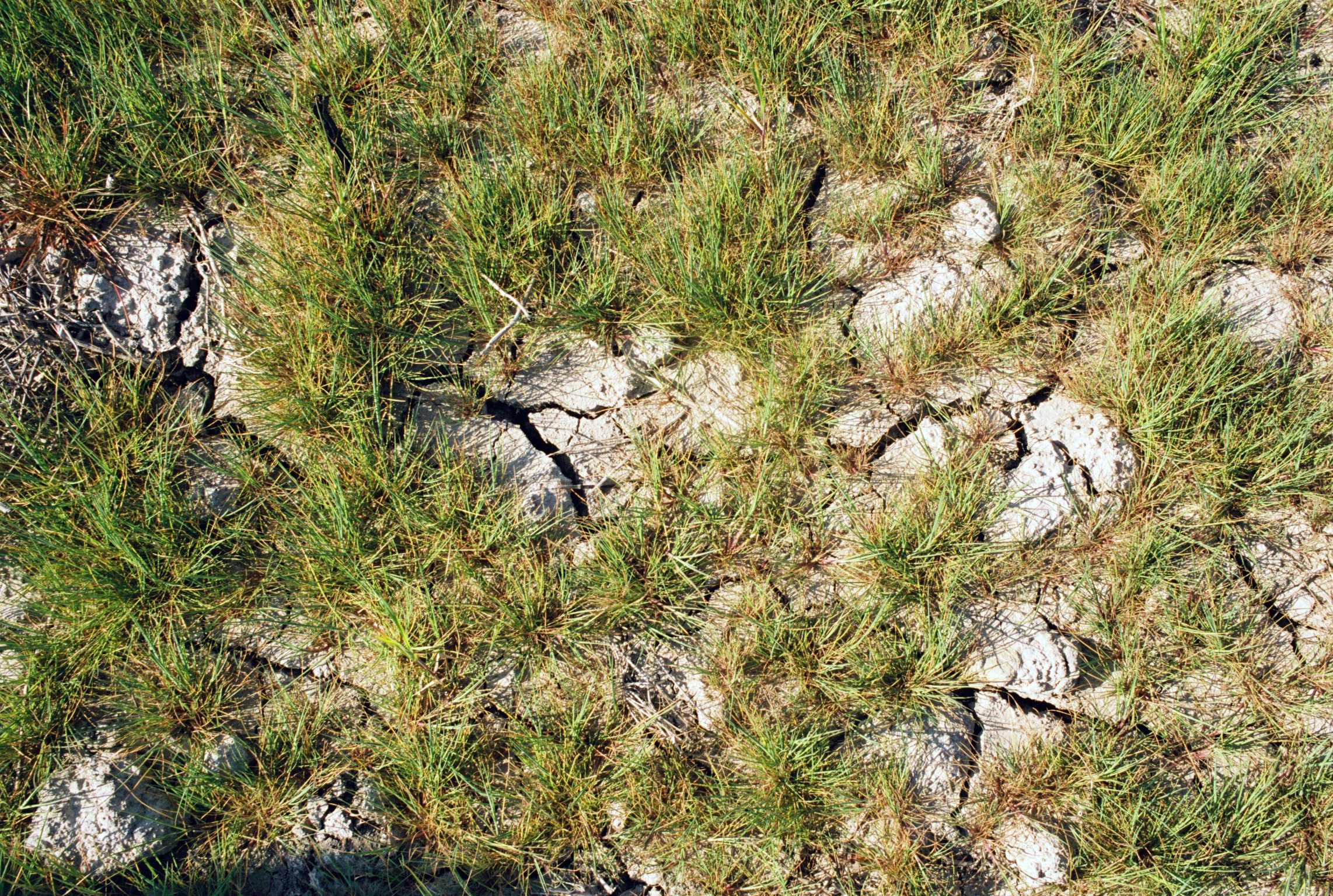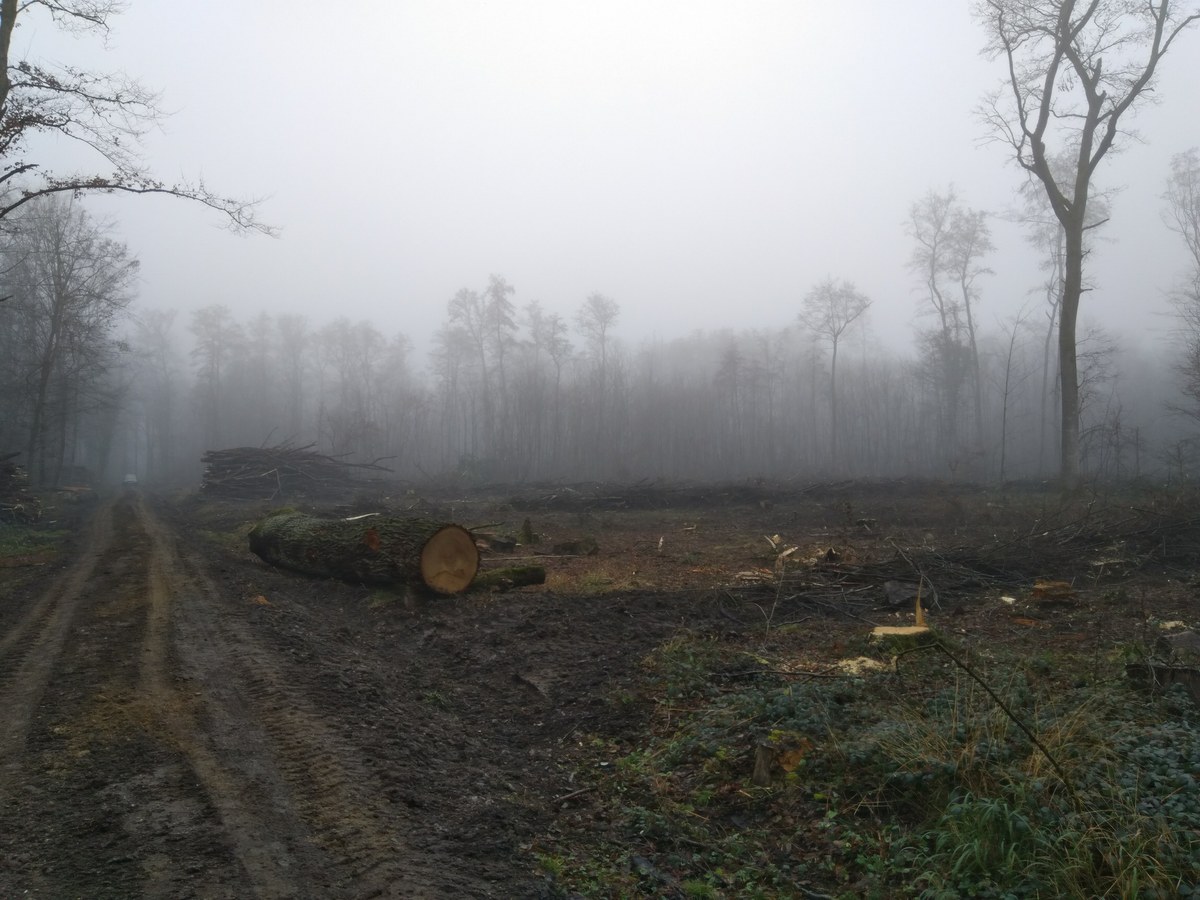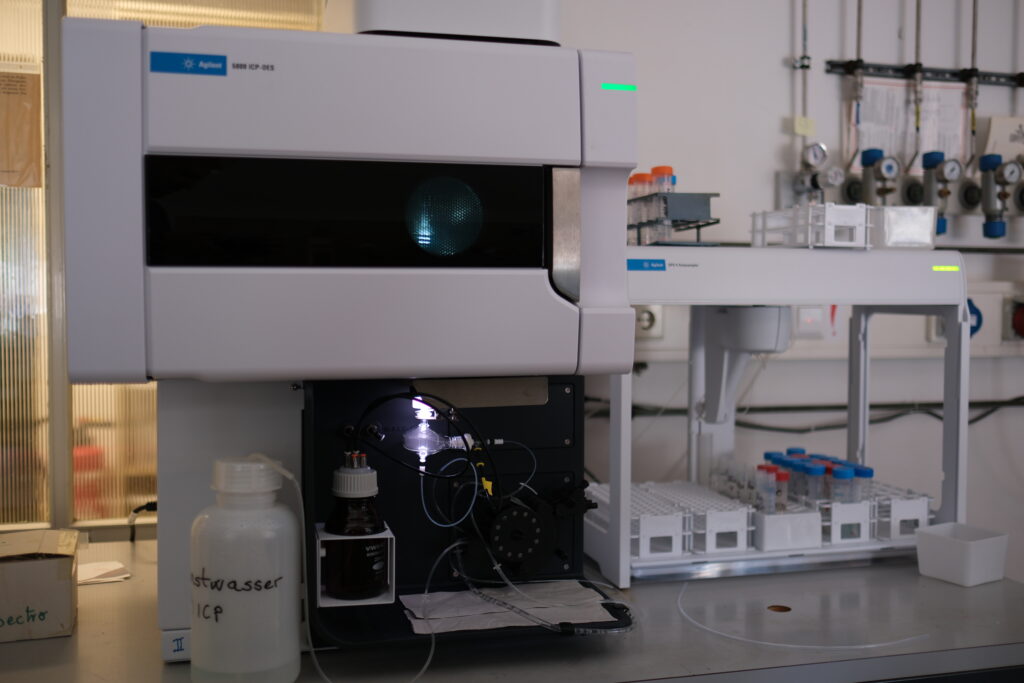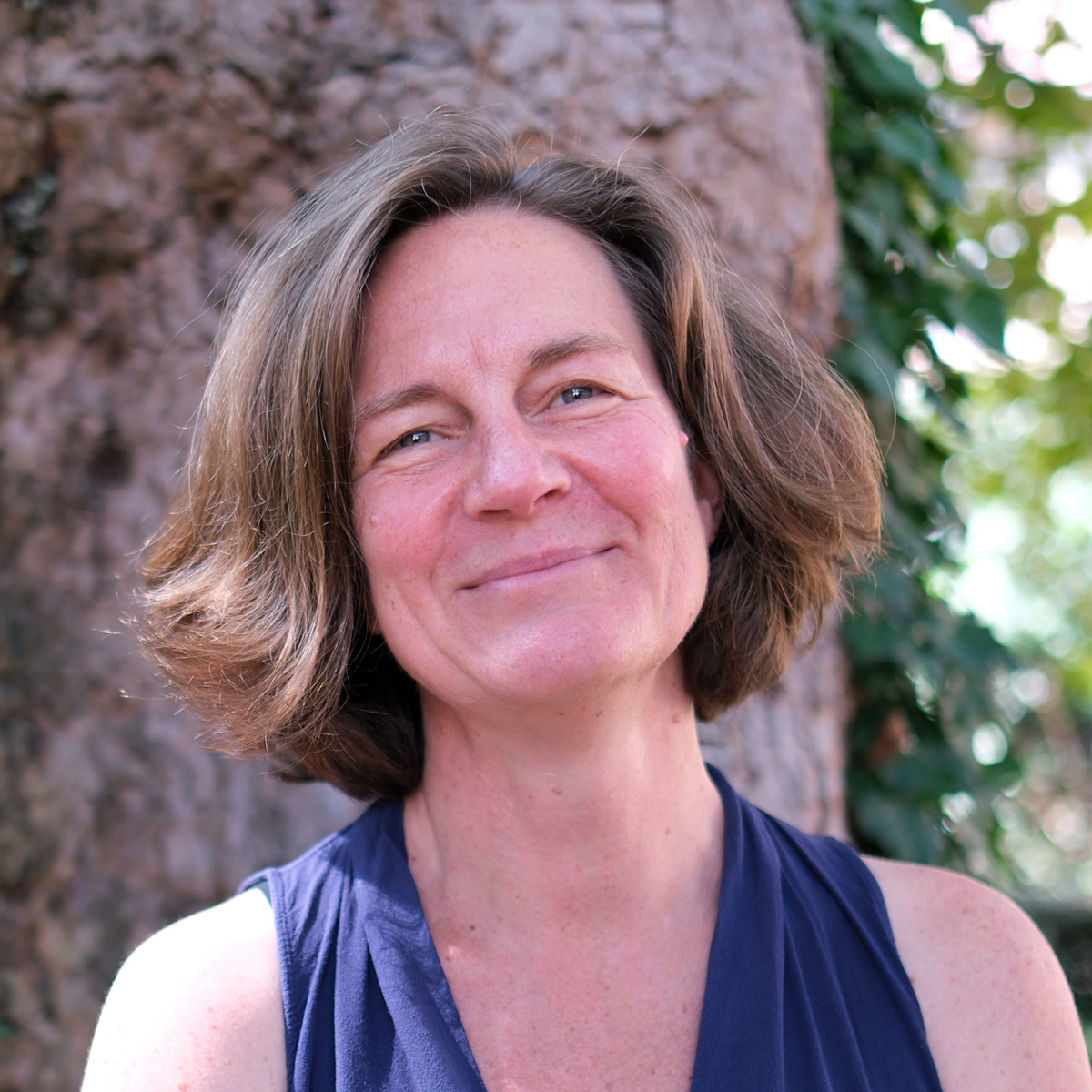Soil Chemical Analyses
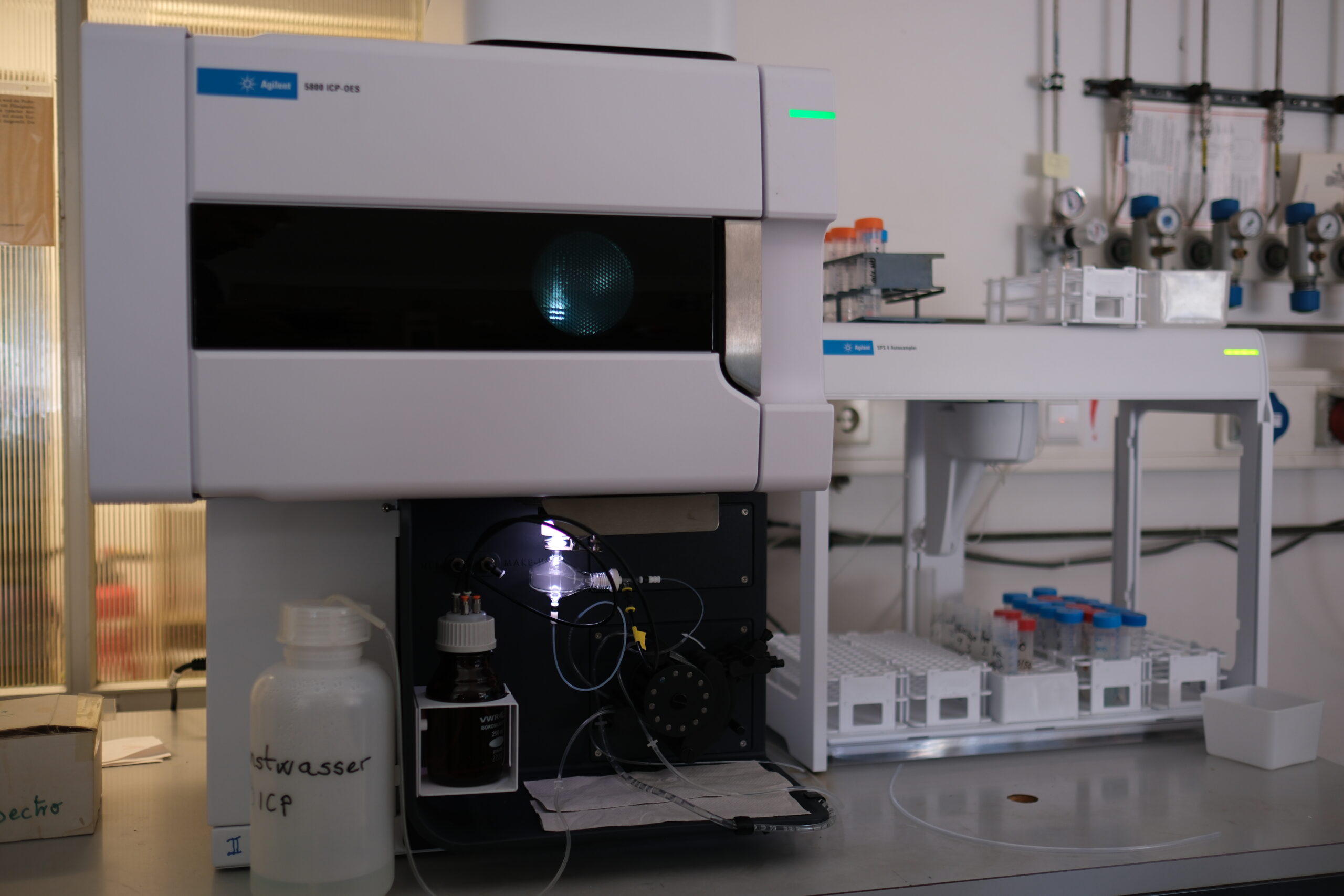
ICP – Agilent
Optical emission spectrometry with inductively
coupled plasma
(Agilent Technologies Inc.)
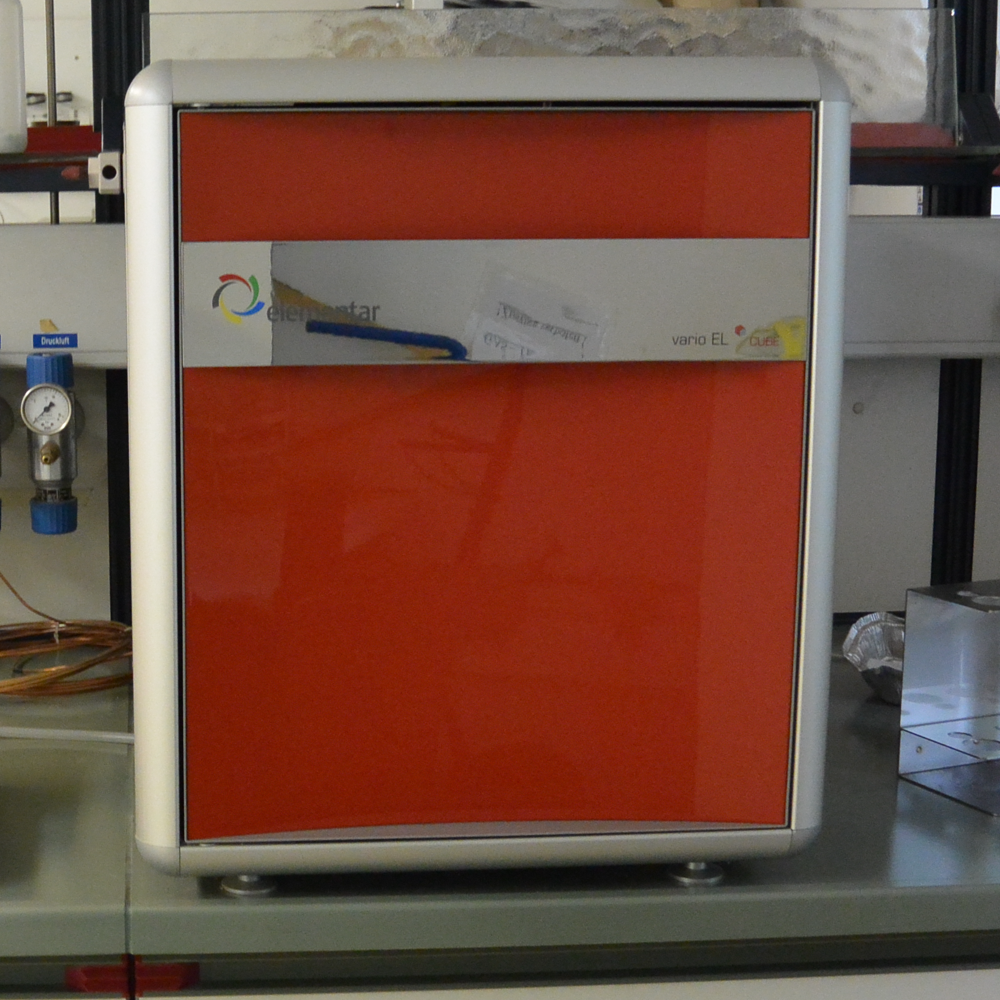
Elemental Analyzer
vario EL cube elemental analyzer(CNS)
(Elementar Analysesysteme GmbH)
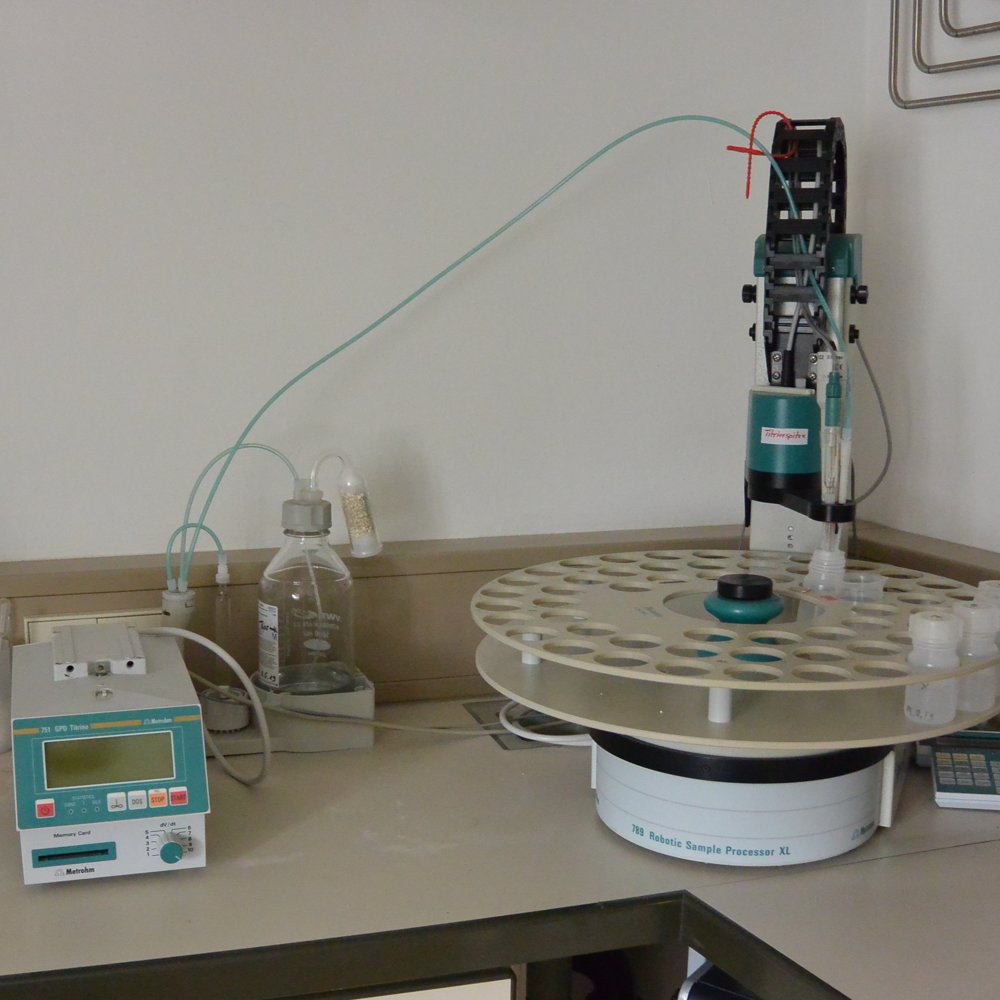
Titrino with Sampler
751 GPD Titrino & 789 Robotic Sample Processor XL
(Metrohm GmbH)
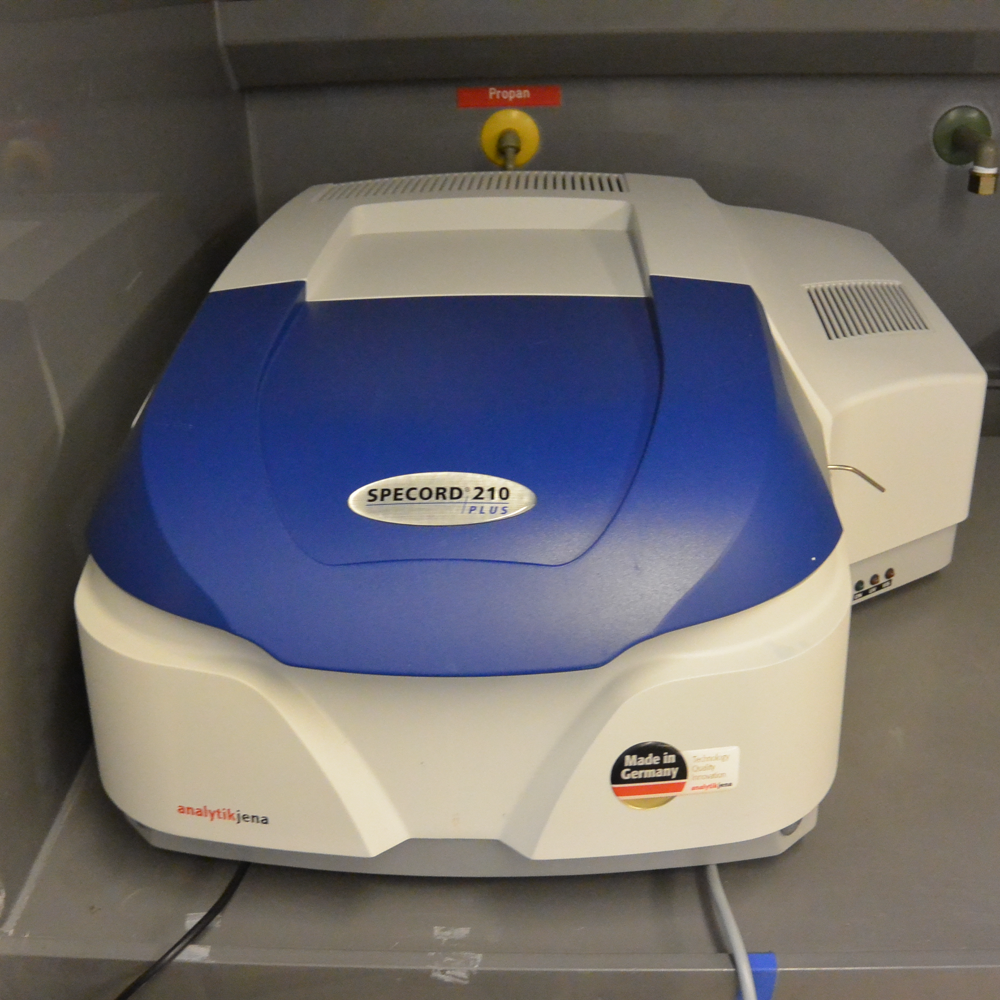
Photometer
SPECORD 210 Plus dual-beam photometer for UV/VIS spectroscopy
(analytikjena GmbH)
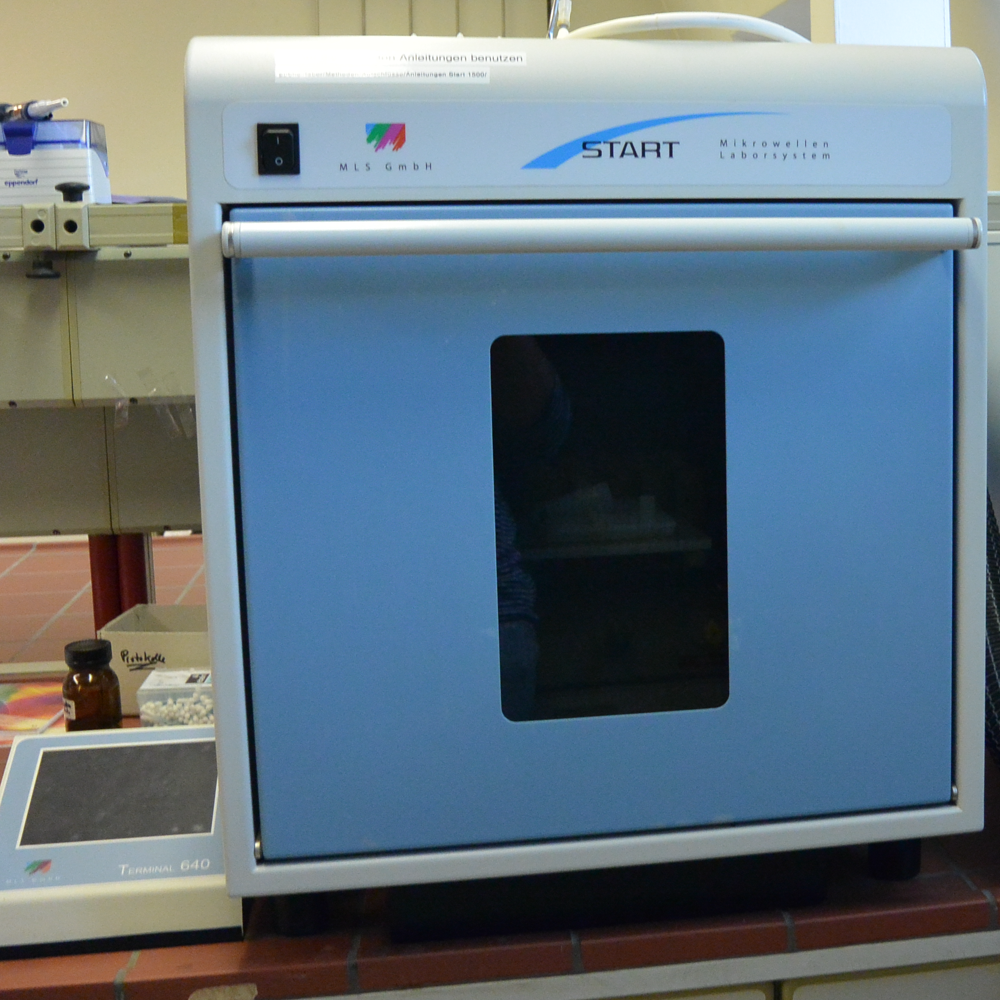
Microwave Laboratory System
START-1500 Acid pressure digestions
(MLS GmbH)
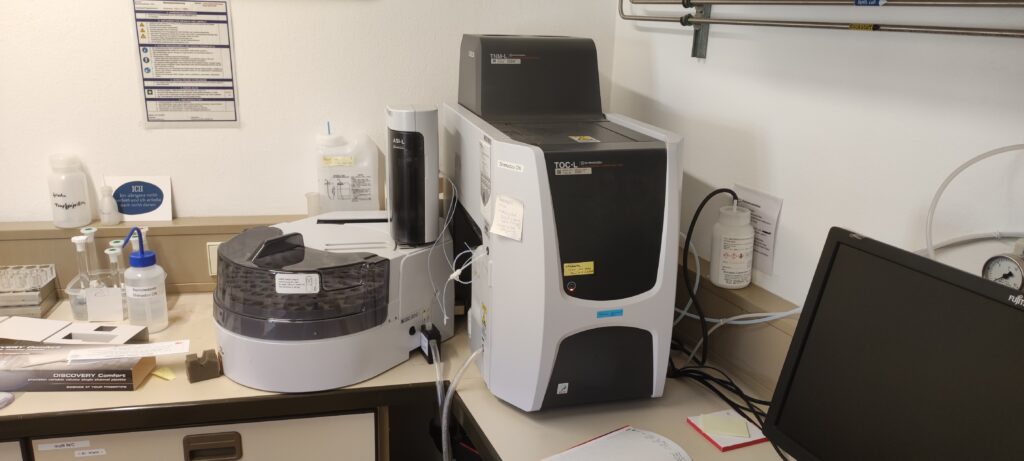
TOC-L Series
TOC measurement (total organic carbon)
NPOC measurement (non-volatile organic carbon)
(Shimadzu Coorperation)
Soil Physical Analyses
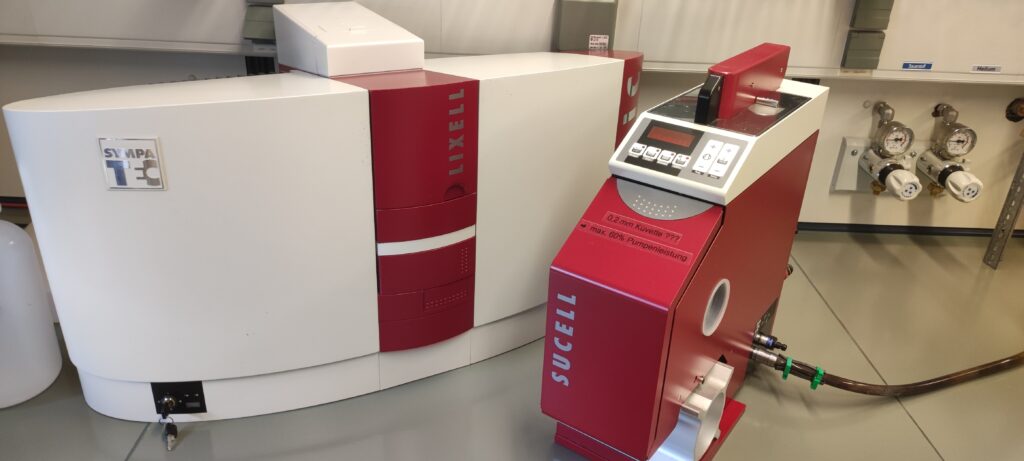
Dynamic Image Analysis
QICPIC, LIXELL, SUCELL (Sympatec GmbH) digital dynamic image analysis with 450 pictures per second, 10 – 1000 µm

Gas Chromatography
GC 8000 series
ECD
(Fisons, Loughborough, UK)
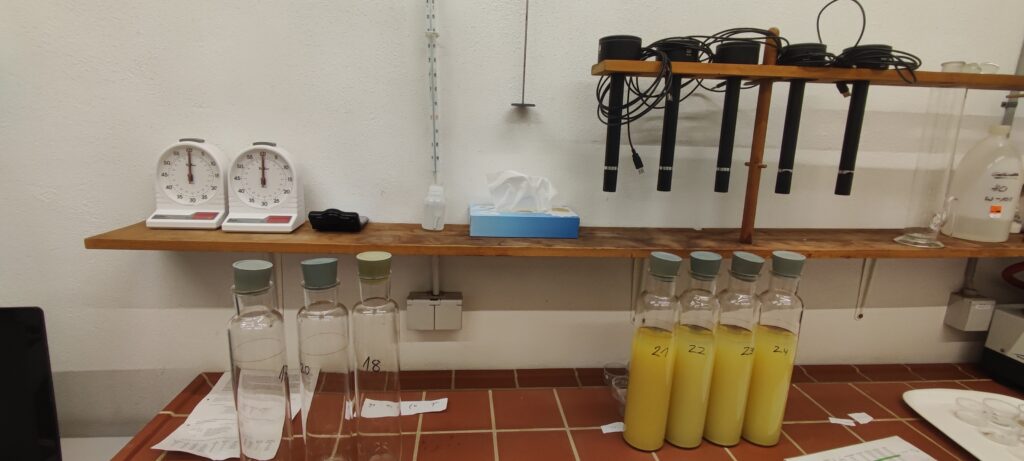
Grain Size Analysis
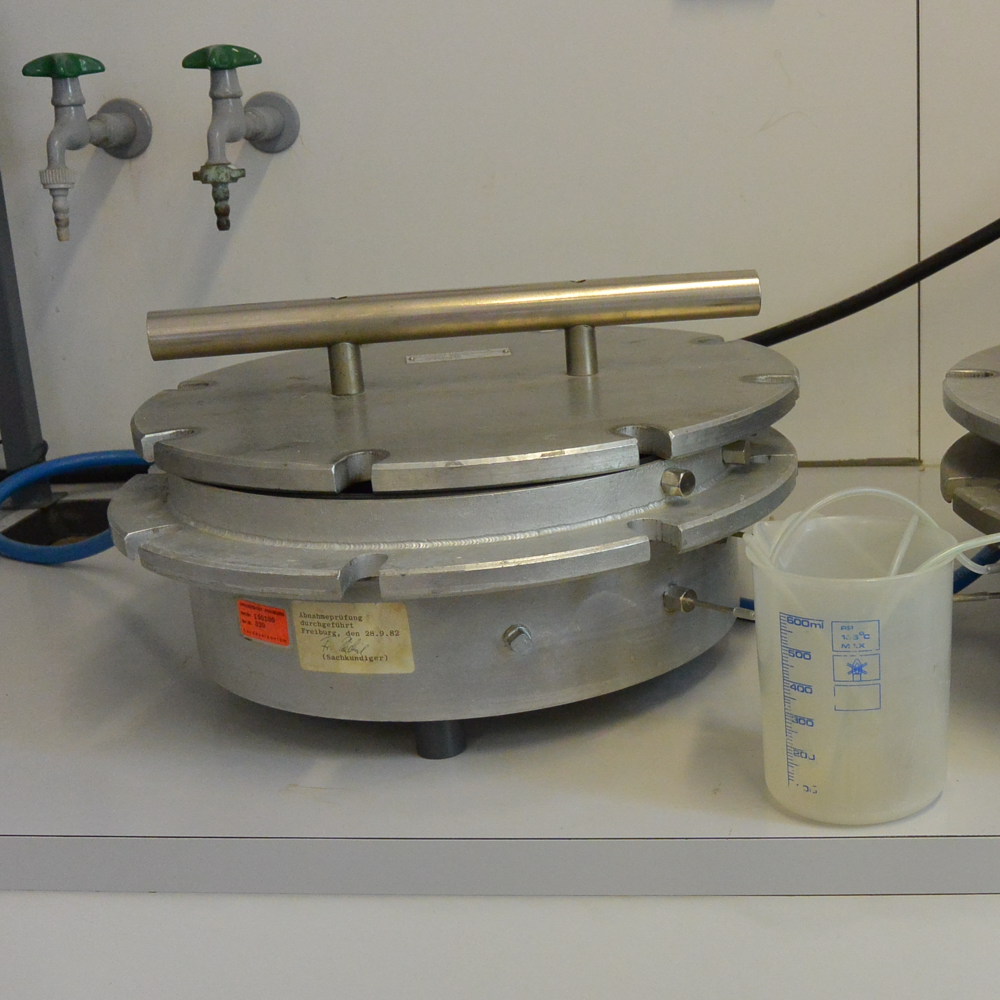
Pressure Pots
(Soilmoisture Equipment Corp.)
Soil Biological Analyses
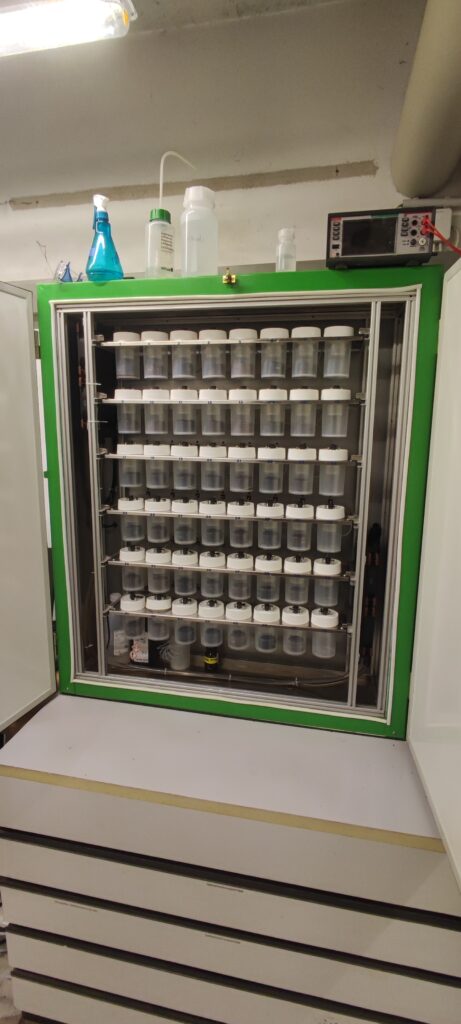
Respicond
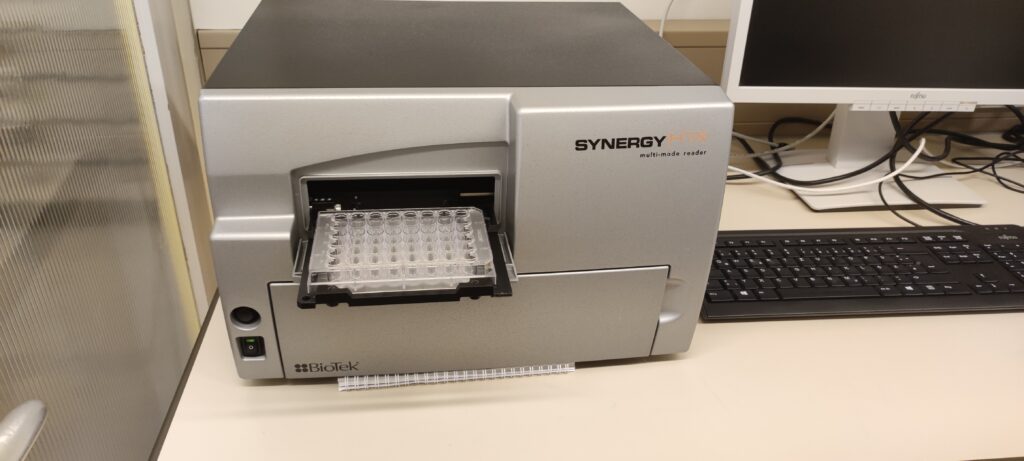
Microplate Photometer
BioTek Synergy HTX
Multimode Reader
(Agilent Technologies Inc.)
Sample Preparation
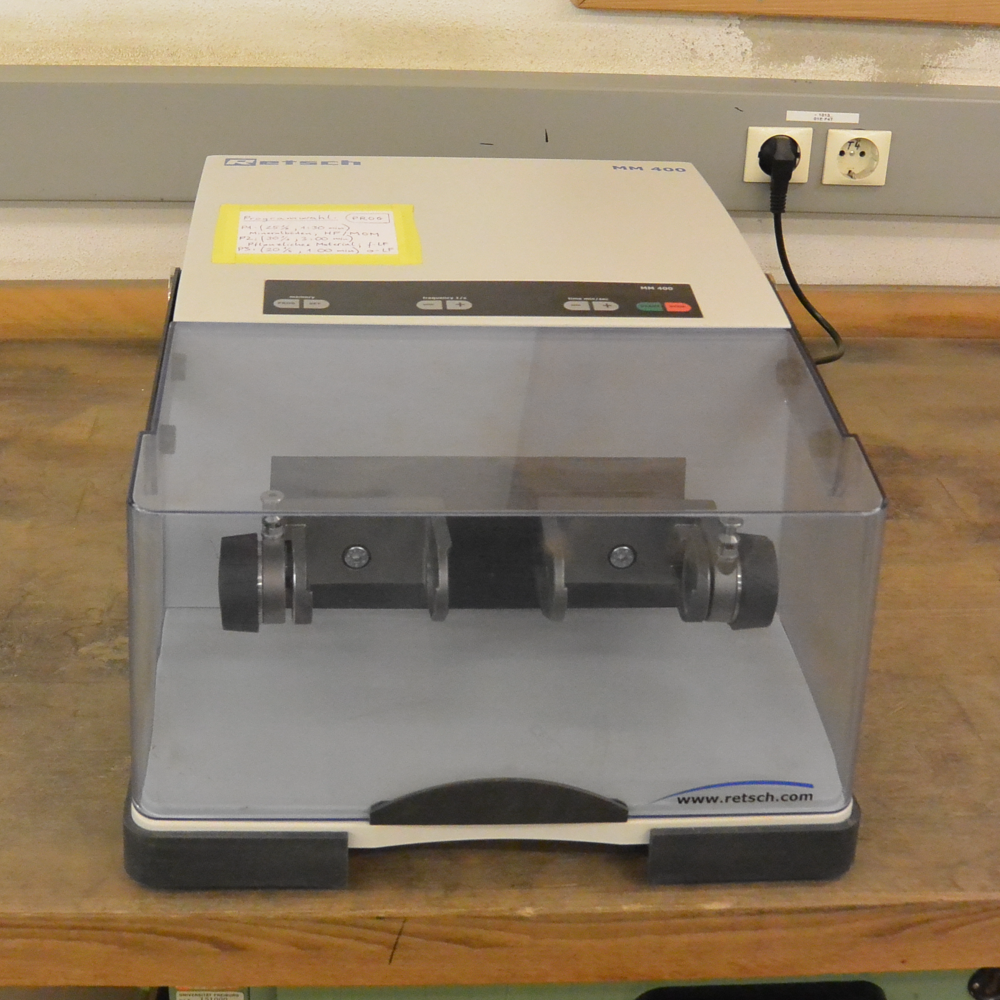
Ball Vibrating Mill
MM 400 (RETSCH GmbH)
Crushing, mixing, homogenizing of small sample quantities
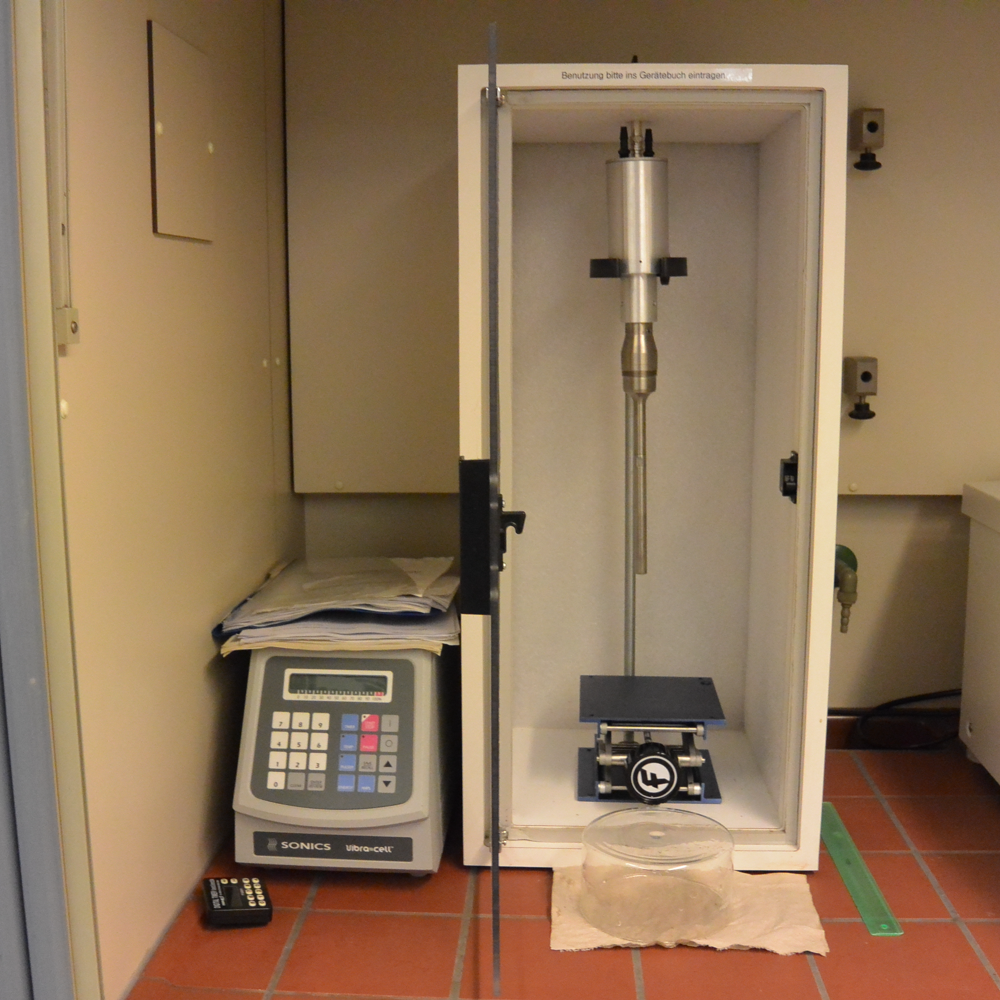
Ultrasonic Disperser
Sonics Vibra Cell VCX 500
(Sonics & Materials, Inc.)
500 watts
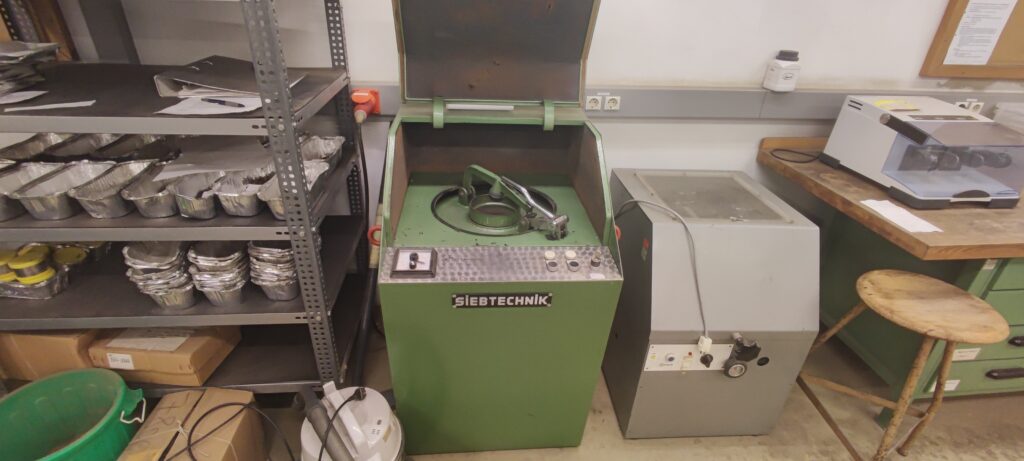
Vibratory Disk Mill
TS250 Vibratory Disc Mill
(SIEBTECHNIK GmbH)
Crushing, mixing, homogenizing of samples, agate or stainless steel grinding tools
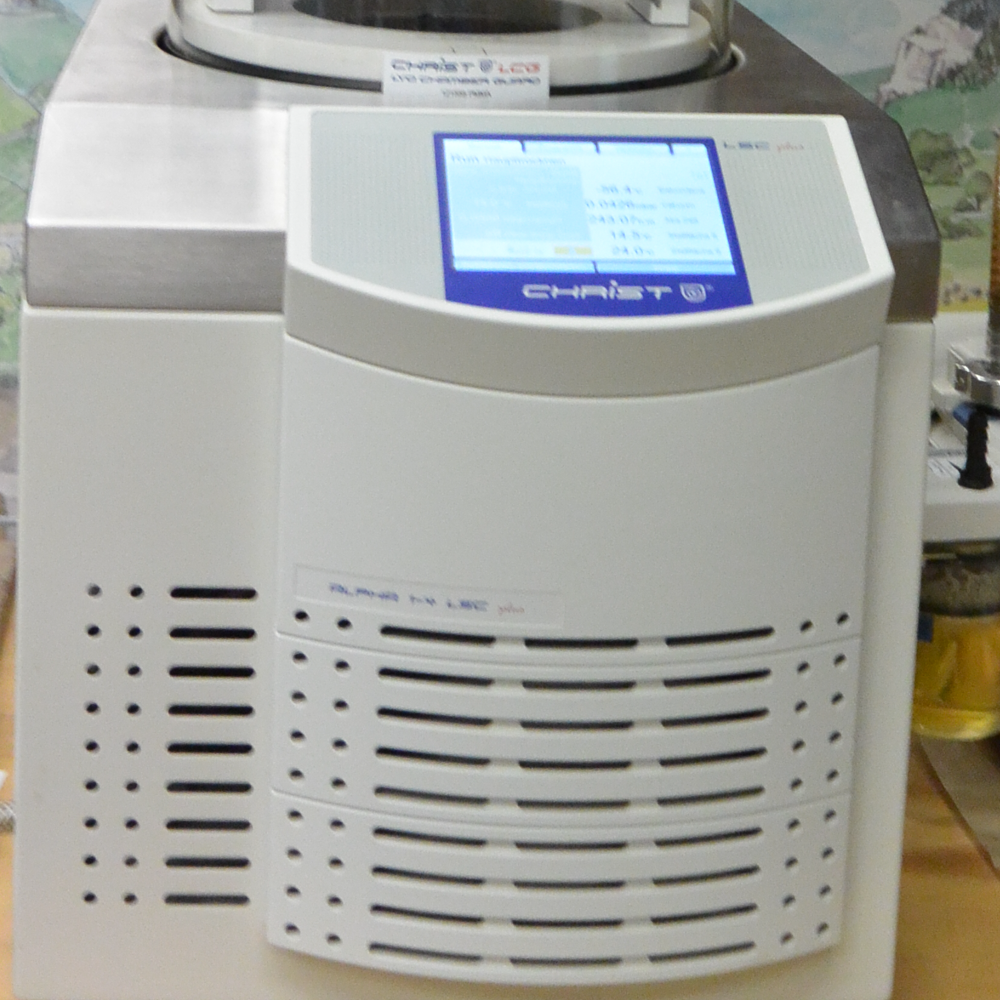
Freeze-drying
Alpha 1-4 LSCbasic
(Martin Christ Gefriertrocknungsanlagen GmbH )
Lyophilization at a condenser temperature of -55 °C
